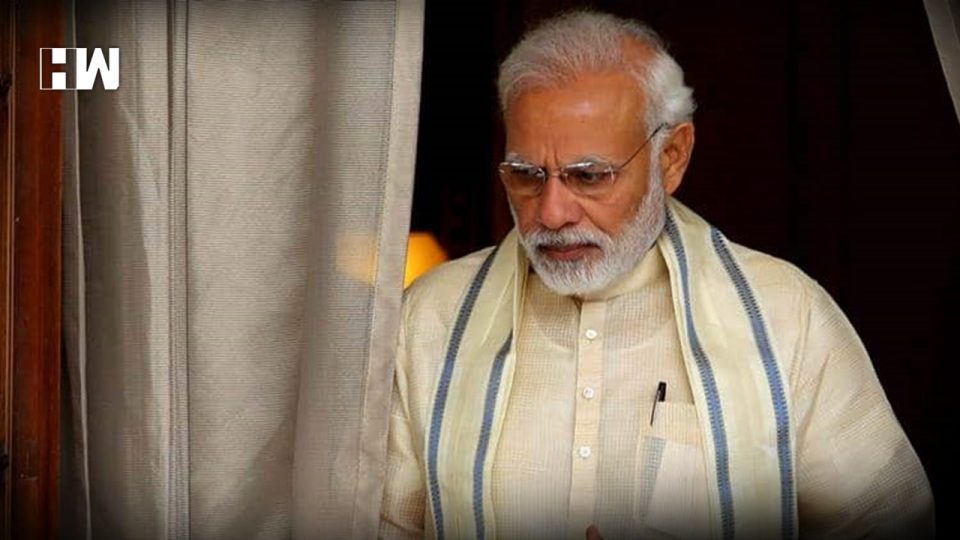The economic philosophy of the BJP is not clear and if you go by the statement of the FMs spouse, it truly has none.
In a genuine democracy, every political party that seeks votes and comes to power is expected to do so on the basis of a clearly expressed ideology or philosophy, both political and economic. If you take the case of America where there are primarily two political parties, for example, the economic philosophy of the ruling Republican Party is free-market capitalism, free enterprise, lower taxes, deregulation and restrictions on labour unions. The Democrat Party, on the other hand, believes in and pursues economic and social equality along with a welfare state and strong regulation of the economy. In India, on the other hand, the Congress Party which ruled for decades says that its economic goals are founded on social justice, welfare and democratic socialism. In the last general election, however, the Congress philosophy moved from the far left to centrist economics, as an inclusive economy which powers growth through private enterprise, with a strong welfare state with a robust social safety net and a competitive and viable public sector. That, unfortunately, cut no ice with the voters, who voted the BJP back to power.
But the economic philosophy of the BJP is not clear and if you go by the statement of the FMs spouse, it truly has none. The reason is that on economic policy and goals, the BJP and it’s collateral affiliates like the BMS, SJM, and the RSS speak in multiple and different voices too. Many think that the BJP is pro-business, pro-enterprise and pro-small business and that it believes in a small government, but that’s not true when you see it busy expanding the government and the never-ending heavy laws and pursues all kinds of socialist initiatives for a welfare state. If the PM began his first term on a strong pro-business agenda, he soon took a U-turn, when Rahul Gandhi make the sarcastic jibes of ‘suit-boot ki sarkar’ at him. Though the Jan Sangh founder S P Mookherjee was a strong advocate of free markets, that is not possible under the conservative swadeshi agenda of the BJP’s affiliates. The BJP today cannot be branded as capitalist, nor socialist, and nor totally centralist.
And in such a situation, where there is no defined economic philosophy of the party in power, and is expressed in bits and pieces there is huge confusion not just in the minds of the voters and the policymakers, but the party itself, particularly when there is simply no Opposition to correct it and keep it in check. And that confusion is reflected in policy formulation, administration and governance by the government under the BJP. The risks to the nation where the ruling party’s economic philosophy is not clearly expressed/defined are many and have immensely contributed to the continued worrisome slowdown in the Indian economy.
As an independent media platform, we do not take advertisements from governments and corporate houses. It is you, our readers, who have supported us on our journey to do honest and unbiased journalism. Please contribute, so that we can continue to do the same in future.

